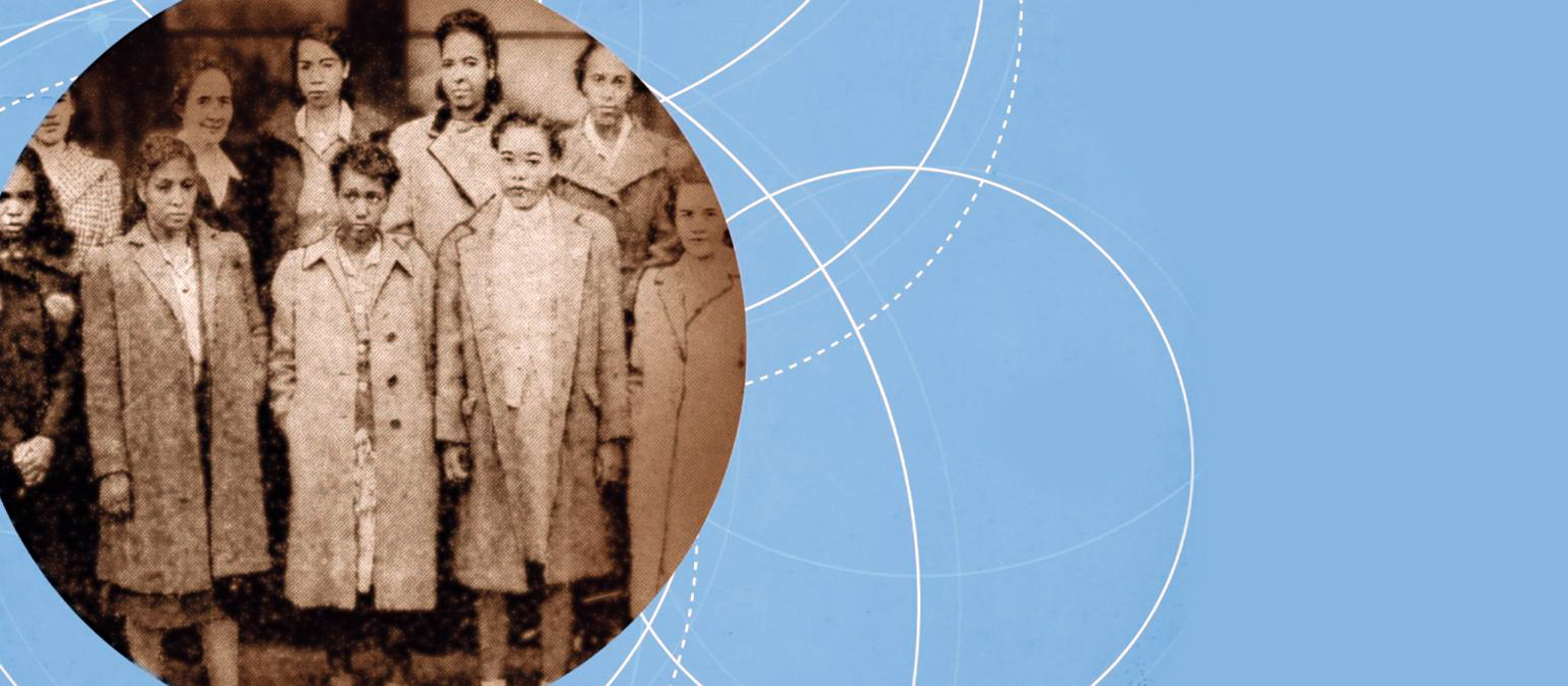Hidden Figures: The American Dream and the Untold Story of the Black Women Mathematicians Who Helped Win the Space Race
By: Margot Lee Shetterly / Narrated By: Robin Miles
Length: 10 hrs and 47 mins
Worth it for the prologue and the epilogue
I guess I really should’ve liked Hidden Figures more than I did; after all, I got it because an audiobook I dearly loved: The Rise of the Rocket Girls, had in its history but a single black woman. Count ‘em! One! So I s’pose I was expecting more about the extra resilience women of color had to have in order to survive, in order to perhaps thrive.
What you actually get is Shetterly’s inexperience as an historian and biographer. The stories lack unity. She’ll be writing of racial discrimination the women faced, then she’ll jump to a large chunk on the history of aeronautics, then she’ll jump to a long story about one of the women making a soapbox cart with her son. You kinda have to pop around in your mind just when you’ve gotten settled into one way of thinking. Further, the women didn’t seem to have much to do with each other, as written, so this is not a story of great women friendships either. I never saw the movie, so forgive me if I’m wrong, but the promo pictures for Hidden Figures the movie show three strong women, unified.
Uhm, no? It doesn’t seem to be about that either.
Mostly, it seemed to be about race discrimination in Virginia from the 1940s-to around 1969; it was all rather impersonal.
Don’t get me wrong—when the women were talked of as individuals with incredible minds and a love for science and mathematics, the story really took off. These were some inspiring women. It’s just that most of the story can be summed up by what Dorothy Vaughan intimated: That what she could change, she changed. And what she couldn’t, she endured. There’s a lot throughout the book of women simply enduring the system.
Ahhhhh, but then we get to the dazzling epilogue where Shetterly’s writing is far more immediate, far more intimate. She says she had to cut out a very, very large portion of the book that deals with the women during the post-Golden Age of space. I really liked it because it showed women acting strongly and fiercely; it showed how they stood up for themselves and for each other; it showed how they went out of their way to go out and inspire girls and young women. THAT was riveting, and I did some pretty heavy-duty cheering for some amazing women.
I wish I could say that the narration brought the women to life. Robin Miles is, after all, a seasoned narrator, and she does well with the text. It’s just that for the most part of the book, the writing doesn’t bring the women to life so much as it brings an era of discrimination out. >Heavy Sigh<
Still, like I said, I liked the intro of how Shetterly came to be inspired to write the stories, and I really, really liked the ending. It’s just that perhaps an editor could’ve nudged her to shake up her other writing some. But when all is said and done, this is a story that should be known, and I’m glad I listened to it.
As an Amazon Associate, I earn from qualifying purchases.




